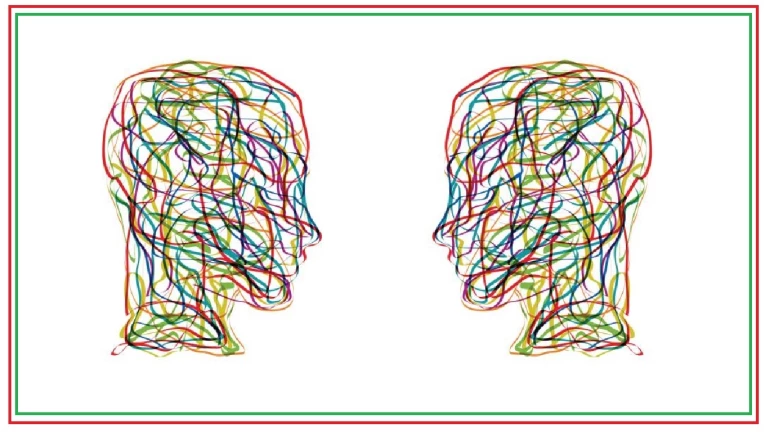
Students throughout their adolescence experience stress for a variety of reasons and issues, including career, relationships, studies, peer pressure, and so on. In order to cope, they turn to substances like drugs and alcohol.
As a result, there is a need to raise awareness about mental health concerns among youngsters in India and to assist them in dealing through mental health counselling programs.
In a conversation with Mumbai Live, Tithi Haria Clinical Psychologist, Masina Hospital, Mumbai shares how mental health is a parallel pandemic for Indian youths.
Haria believes that it is of pivotal importance to raise mental health awareness in educational institutions. She said, "Acknowledging and understanding mental health from the get-go can make a difference in how children perceive such topics of concern and also facilitate their overall mental well-being."
She added, "Psycho-education regarding mental health will additionally aid students in dissipating stress by understanding how to strike a balance between their mental well-being and academics."
Haria then suggests exercises for a stable mindset that include:
The conversation then shifts gears to the nuance that caregivers should be cautious when it comes to the mental health concerns of their teenage children. Haria elaborated, "Caregivers immensely affect the mental health of children in various ways. They should evaluate the beliefs they instil in the children and the impacts of those beliefs on the children's mental health and overall life."
She further elucidated, "They should understand that teenage is a transitional period and thus display patience, give room for exploration while making sure in establishing appropriate boundaries. Communication plays a vital role in this period thus they can consider being mindful about their way of expression and its content."
The Clinical Psychologist remarked, "Parents must also acknowledge and accept the world is changing and so are its challenges and the ways to effectively deal with them. They should refrain from comparison with others or comparing the child with themselves while they were young. They should consider grooming the child to be accepting and resilient towards failures."
She opined on the need for counselling to prevent one from getting into depression. Haria suggested that commencing therapy can help prevent depression in many ways, these entail:
Towards the end of the discussion, Haria recommended that schools and colleges can play a crucial role in developing a student's mindset and helping them deal with academic stress. "Some initiatives that can be taken by the school could include conducting seminars on stress management, coping skills, self-care, etc, having dedicated periods for recreational activities and holding meditation sessions," she mentioned.
Haria uttered, "Direct the students to the school counsellor for guidance and counselling on the same. They could also spread awareness about various sources to seek help such as the school or college's counselling centre, the centres in the vicinity, reaching out to family, friends, etc. What's important is to re-instil resilient mindset, refrain from competition mindset and labelling."





